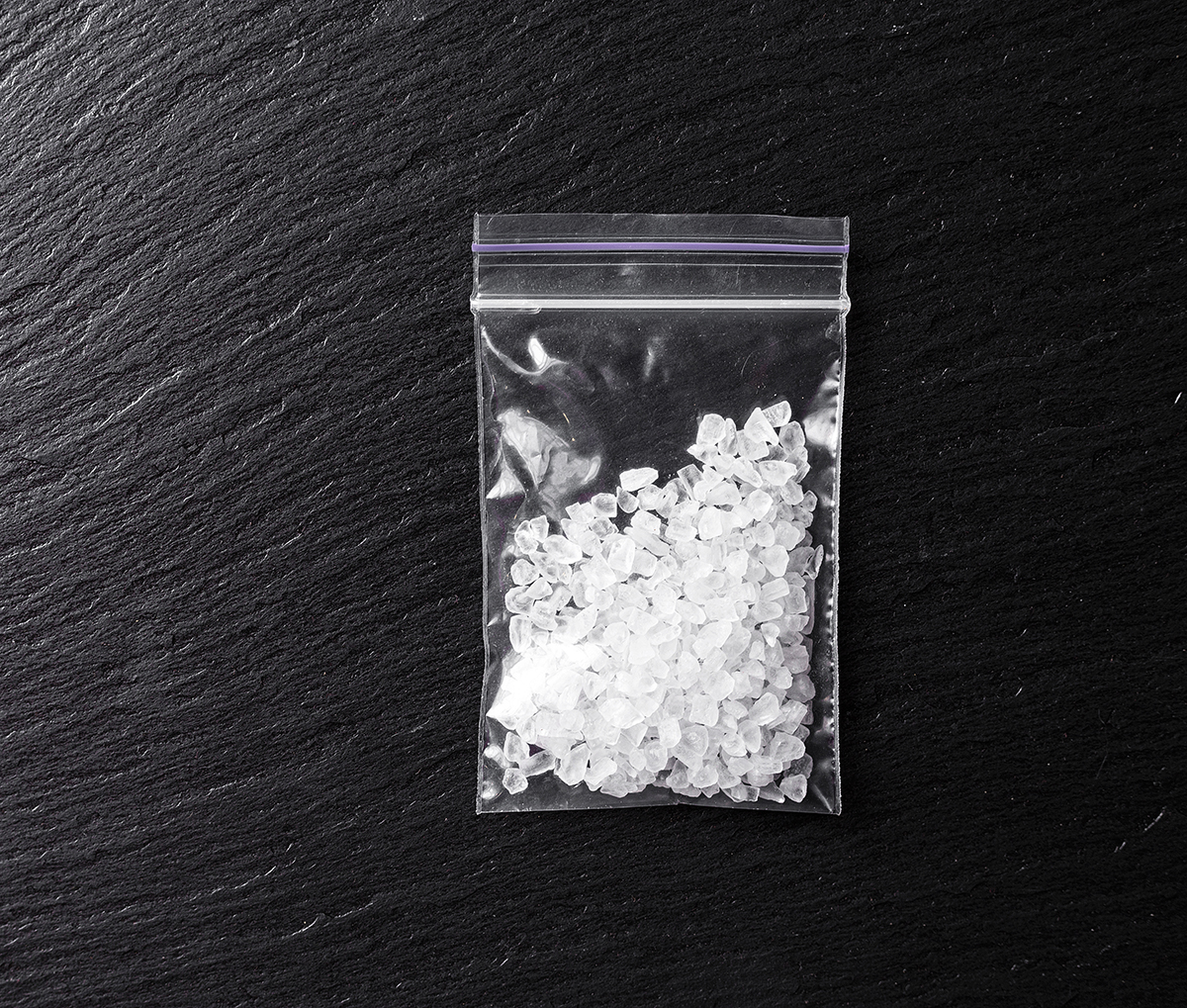Meth Detox
Methamphetamine Addiction Detox & Treatment




We’re In-Network With

What Is Methamphetamine?
Methamphetamine, called meth for short, is a powerful and highly addictive central nervous system stimulant. It impacts the brain and body by increasing dopamine levels, leading to heightened energy, alertness, and a sense of euphoria. Illicit use of methamphetamine poses severe health risks, including addiction, cardiovascular issues, dental problems (often referred to as “meth mouth”), and negative effects on mental health.
Street Names:
Christina, Cookies, Cotton, candy, Dunk, Gak, Mexican speed ball, No doze, Pookie, Rocket fuel, Scooby snax, Speed, Stove top, Trash, Tweaker, Wash
What Are Different Types of Meth?
Methamphetamine typically exists in two main forms: a crystalline powder and crystal meth, commonly known as “ice.” Both forms are illicit, potent, and highly addictive. The powder can be ingested orally, snorted, smoked, or dissolved for injection, while crystal meth is typically smoked or injected. Variations in purity and additives contribute to different types of meth on the illicit market and increase the risk of negative health consequences.
What Does It Look Like?
The crystalline powder form of meth is often white, odorless, and bitter-tasting, while crystal meth appears as bluish-white rocks or fragments.
Who Uses Meth?
Methamphetamine is used by individuals across various demographics, including age groups, socioeconomic statuses, backgrounds, and genders. It is not limited to a specific demographic and can affect people from diverse walks of life.
How Does It Make You Feel?
Methamphetamine induces intense feelings of euphoria, increased energy, heightened alertness, and a sense of invincibility. Users may experience a surge in confidence, talkativeness, and a diminished need for sleep. However, these effects are often followed by a crash, leading to fatigue and depression.
How Long Does the Feeling Last?
The duration of the methamphetamine high varies, typically lasting for several hours, depending on factors such as how the drug was taken, how much was taken, and individual tolerance. After the initial euphoria, users may experience a comedown characterized by fatigue, irritability, and a desire to use more.
Is It Addictive?
Yes, methamphetamine is highly addictive. Regular use can lead to the development of an increased tolerance, which means the user has to take more and more of the drug to feel the same effects. The drug’s strong reinforcing properties contribute to addiction, making it challenging for users to control their use despite negative consequences.
Is It Dangerous?
Methamphetamine poses significant dangers to both physical and mental health. Short-term risks include increased heart rate, elevated blood pressure, hyperthermia, and potential overdose. Long-term use can lead to severe dental issues, weight loss, anxiety, paranoia, cognitive impairments, and an increased risk of heart problems and mental health disorders. Additionally, the illicit production of meth involves toxic chemicals, adding to the dangers associated with its use.
What Are The Long-term Effects of Meth Use?
Long-term methamphetamine use brings severe physical and mental health consequences, encompassing dental decay, weight loss, mental health disorders, cognitive impairment, aggression, impulsivity, social isolation, legal issues, cardiovascular and respiratory problems, liver and kidney damage, tolerance, dependence, and strained relationships. Varying in intensity, these effects underscore the imperative of professional intervention for those grappling with methamphetamine addiction, emphasizing the need for comprehensive care to address its multifaceted impact.
Signs & Symptoms of Meth Abuse
Methamphetamine abuse manifests through a range of signs and symptoms affecting physical and mental well-being. Common indicators of meth abuse include:
- Dilated pupils
- Increased energy and alertness
- Decreased appetite and weight loss
- Insomnia
- Rapid breathing
- Elevated body temperature
- Excessive sweating
- Tremors or twitching
- Agitation and irritability
- Hyperactivity
- Talkativeness
- Repetitive behaviors
- Fixation on tasks
- Increased impulsivity
- Poor hygiene and neglect of personal appearance
- Paranoia
- Hallucinations
- Aggression or violent behavior
- Rapid mood swings
- Mental health disorders (anxiety, depression)
- Cardiovascular problems
- Respiratory issues
- Liver and kidney damage
Benefits of Meth Detox Program
Methamphetamine detox programs provide a crucial first step for individuals aiming to overcome addiction. Offering medical supervision, these programs ensure safety during withdrawal, manage symptoms, and reduce complications. In a secure environment, emotional support and counseling address psychological aspects of addiction. The structured approach, involving a treatment team, fosters a comprehensive care strategy. Safety measures and prevention of health complications are prioritized. Detox introduces individuals to treatment, serving as a foundation for continued recovery through rehabilitation programs.
Where Can I Find Help, Treatment, and Support?
For assistance with methamphetamine addiction, consider reaching out to local addiction treatment centers or mental health professionals or contacting national helplines. You can explore options such as detox, inpatient, or outpatient rehab programs, counseling services, and support groups. Consult your healthcare provider, therapist, or local mental health organizations to guide you toward suitable treatment and support resources. Seeking professional help is crucial for a tailored approach to address the complexities of meth addiction and to initiate a path toward recovery.
How To Pay For Meth Detox Program
To pay for a drug detox program, explore options such as using health insurance, government assistance, private payment plans, employer assistance programs, grants, family support, state-funded programs, and nonprofit organizations. Discuss your situation with the treatment center for guidance and potential financial aid. At SoCal Detox, we can help you determine the best way to pay for your program.



